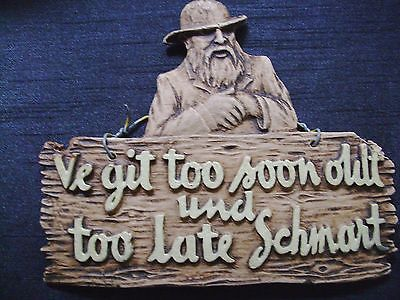The Second Sunday of Pentecost
- Father Nicholas Lang

- Jun 4, 2024
- 4 min read
I suspect that a number of you were raised as Roman Catholics just as I was. Do you remember how as small children, perhaps in preparation for first Communion, we were told that eating meat on Friday was a mortal sin? And how, if you ate a hot dog and then got hit by a bus while crossing the street, you’d go straight to hell? No purgatory for us. And, I have to tell you, if I were going to chance it, forget the hot dog, give me a nice juicy steak!
It was one of those quirky laws that you won’t find in the Ten Commandments or scripture but that scared the begeebies out of seven-year-olds. Of course, that rule has long been abolished but you have to wonder about anyone who dared to transgress and bit into a cheeseburger just before meeting their untimely demise.
There were certainly other prohibitions that made little sense. My mother was not allowed to attend my baptism because she had not yet been “churched,” this archaic rite of purification.
We’ve had our own quirky rules or “canons” in the Episcopal church though I don’t recall that hell was part of the equation. It was not that many years ago when women were excluded from Holy Orders and, in fact, for many years they were not permitted to read the lessons during the service.
A dear lady at St. Paul’s told me some years before she died how she recalled the first Sunday when Dorothea Williams went to the lectern to read.
She told me that all you’d hear over Dorothea’s gentle, but elegant reading was the sound of high heels on the stone floor as the old guard marched out. Then there were the policies about taking communion after divorce and limiting God’s Table to only the baptized. All of these rules both in our and other faith traditions have one serious consequence: they do great harm to the spiritual and emotional lives of people.
So that’s where we are today witnessing how the reading from Deuteronomy and Mark’s Gospel are in conflict for the religious leaders of the time.
It’s that age old dichotomy between the letter of the law and the spirit of the law.
In Jesus' brief ministry, he was repeatedly running into the requirements generated by some commandment. While he was often at odds with the religious authorities over how this commandment was to be observed, he did not discount its religious value. In the passage of scripture we are dealing with, Jesus attempts to balance the validity of sacred scripture with human necessity. In that balance there are lessons for us.
The first thing the Gospel passage seems to say is that religious people tend to get focused on regulations. Consider the Jewish people of Jesus' day. The Sabbath was very special to them. One reason for this is that according to the teachings of Israel, the day was ordained by God to provide for the rest and refreshment of humans. It is interesting to note that the prohibition against killing takes only four words, but the commandment about the Sabbath takes 94 words.
Would God prefer that this man with a withered hand continue to suffer because Jesus encountered him on the Sabbath. In our modern world, would God demand that my Jewish cardiologist not perform an emergency angioplasty on a Saturday?
None of this lines up with the God in whom I believe and the face of God that Jesus has shown to us.
In our own Episcopal tradition, we have, thankfully, evolved in our thinking about a number of these kinds of regulations. Thanks to 16th century theologian Richard Hooker we have the concept of balancing scripture with tradition and reason.
In other words, we acknowledge that scripture was written within a specific cultural context and that God has given us the gift of intellect to discern what its message is for us in the twenty-first century. We take the Bible seriously not literally. In short, when you come to an Episcopal church, you don’t have to check your brain at the door.
Eventually, the church would use it’s intellect to see that scripture says nothing about men being the only gender appropriate to be ordained. After all, God created both women and men in God’s image. God chose a woman to bear God’s Son, Jesus, and the news of the resurrection was first announced to women. And icons of the day of Pentecost depict Mary with symbol of the fiery tongue just as it was for the men.
Eleven brave women challenged that and on July 29, 1974 were ordained by retired Episcopal bishops. Not long after, our General Convention changed the regulations, and we now are blessed with many women in ordained ministry. One served as our Presiding Bishop not long ago.
June is Pride month celebrating the lives of LGBTQ folk. The Church once had harsh words for this community of people and though they were able to find a place in the Church, even in the ministry, they were consigned to live in the ecclesiastical closet. Now we have several bishops who are openly gay, living as a family unit often with children, including our own, Bishop Jeff.
It didn’t happen overnight, and that has been the cause of much frustration, but it did happen and by God’s abiding Spirit we hope that the Church will never stay stuck in the 4th century but continue to evolve, to use its reason to see the world as God sees it.
Of course, like the old Amish saying goes, “We get too soon old, and too late schmart.”







Comments